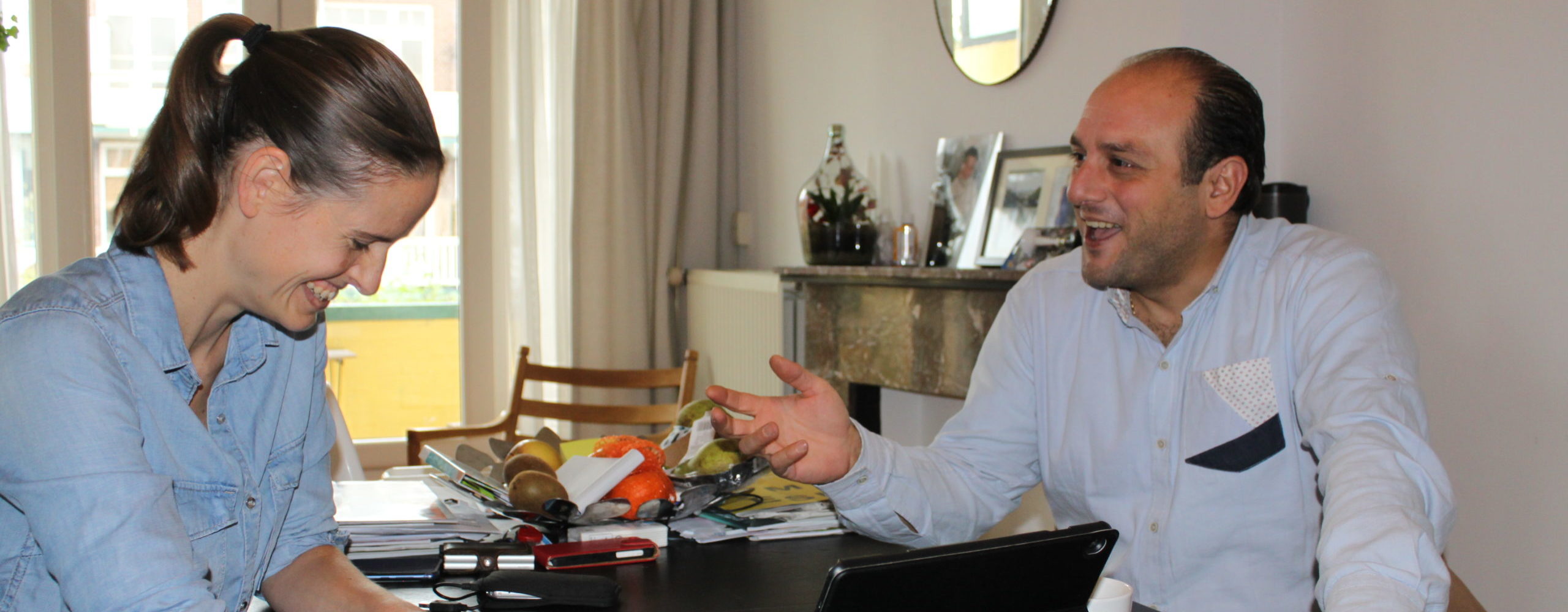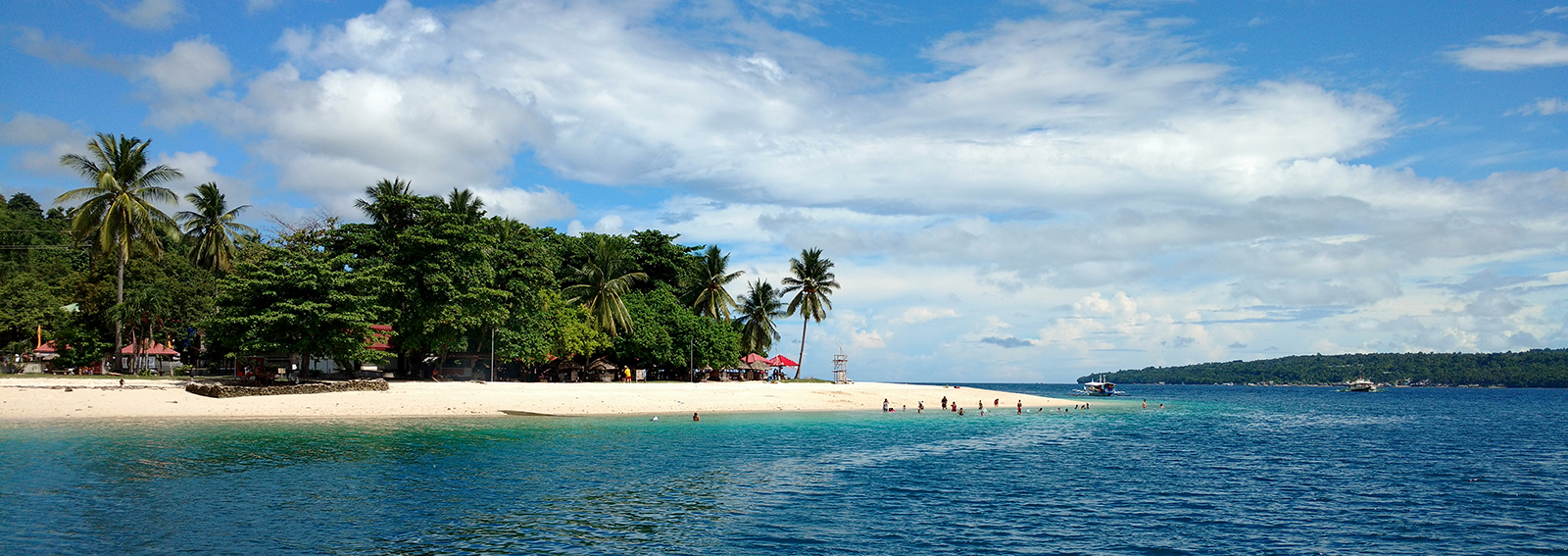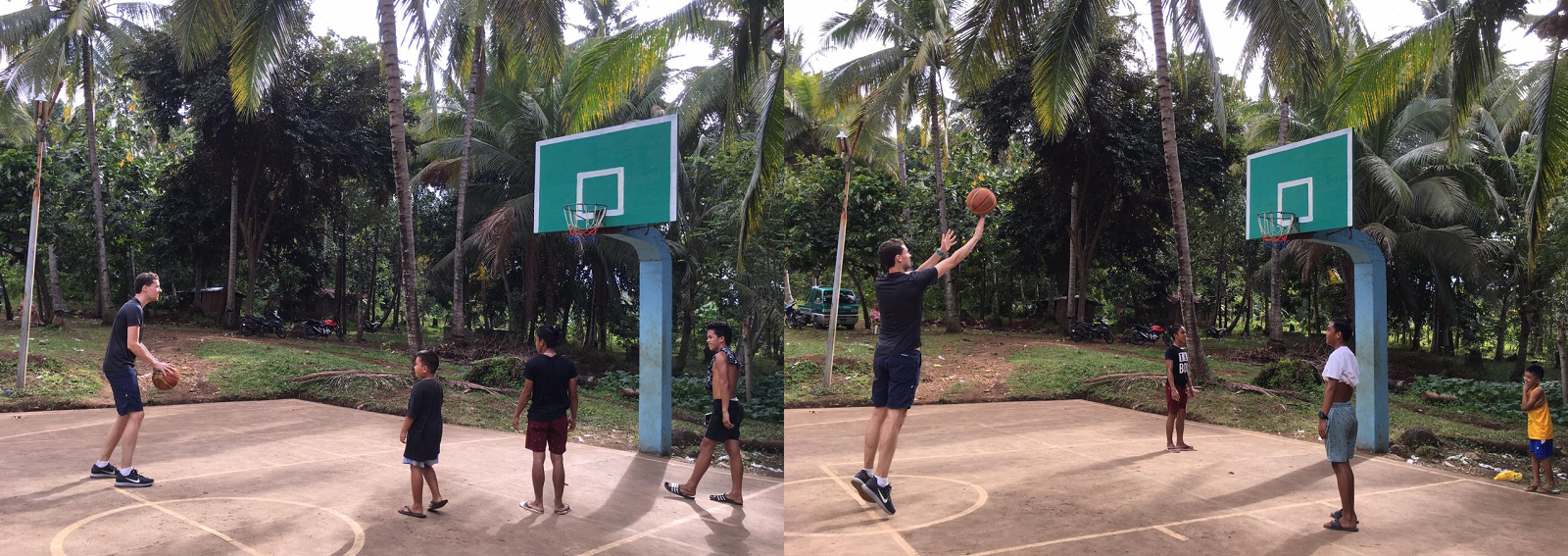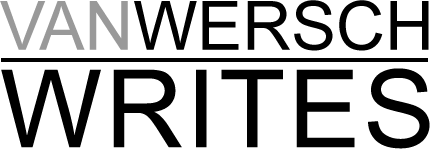“My wife Ilona and I moved from Amsterdam to Boston, Massachusetts last year. When we arrived, the Democratic and Republican campaigns for the presidential election were in full swing. It was interesting to follow the race, but also disconcerting. After Trump’s surprise victory, I read several articles that took a scientific approach to explaining voter behavior. One article discussed how psychometric technologies were used to predict and maybe even influence that behavior. Pollsters and journalists, on the other hand, drew their data mostly from geographical characteristics. This could explain in part the inaccuracy of their predictions. Generally, I think that media focus on the here and now, the short term. They often don’t report on underlying patterns or fail to connect the dots.
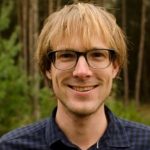
I think news media should cooperate more. This could help to prevent ‘news fatigue’ as well as tackle the barrage of fake news. When Trump shouts that the media are liars it causes confusion. It becomes more difficult to decide who you can trust, so you might trust him. I’m guessing that’s what he wants. Meanwhile, the #resist movement has gained a lot of traction. I wonder how long they can keep the momentum. A March for Science is planned for April 22 in different U.S. cities. I might attend the one in Boston.
Too early to speculate
Harvard, where I work as a postdoctoral researcher, is pretty much a Democratic stronghold. It’s also a bit of a bubble. The dominant mood here is that people are shocked and amazed at Trump’s victory. However, the Harvard campus grounds are by no means a representation of the country. I’ve began to follow several conservative media on Facebook, including Fox News, to get both sides of the story.
I wonder how long the #resist movement can keep the momentum
Soon after Trump announced his travel ban, we received emails from Harvard offering resources and support to anyone affected by the ban. Other than that, I can’t say I’ve noticed any real changes. I don’t know yet whether a Trump presidency will be good or bad for science in general. But it’s clear he doesn’t believe in climate change, and he already seems to enforce regulations for prescreening scientific publications. Next to that, he could potentially reduce public funding for new research, which would be a bad scenario. This is farfetched, but we’ll see what happens. It’s probably too early to speculate.
Tuned in
Like in the United States a surprise election could also occur in my home country the Netherlands, where national elections are being held on March 15. Geert Wilders’ Freedom Party, the PVV, is the frontrunner in the polls. Unless Wilders gets more than fifty percent of the vote, a very unlikely scenario because we have 28 political parties registered, he will not enjoy majority power. The PVV is not expected to even be part of any coalition government as every single other major political party has already ruled out governing with Wilders. I hope that Trump’s victory and other events, such as last year’s referendum in the Netherlands on the EU’s Association Agreement with Ukraine, will mobilize as many Dutch voters as possible on March 15. I hope it will inspire the politically turned off, from all views and walks of life, to go to the voting booth. A democracy needs citizens who are tuned in.
A democracy needs citizens who are tuned in
My wife and I don’t plan on staying in the United States for more than three years. But to be honest, several people I’ve met claimed that as well and ended up staying much longer. The biggest practical reason for now is that my J-1 visa is valid until the beginning of 2019. Second, life here is extremely expensive. Especially if you take into account that Ilona had no job initially and we had to buy a lot of stuff. Postdocs don’t make that much relative to the cost of living. In the Boston area, costs are roughly twenty five percent higher than in the rest of the country. That doesn’t give you much financial breathing space. It’s something to consider when you think about starting a family here.
Academia vs. industry
People often ask me how I got into Harvard. The short answer is that the application process was remarkably straightforward. I spotted the vacancy online, emailed the professor, had a few Skype interviews and not before long I received an offer. There was an opening for me in Chicago as well, but my wife and I decided on Harvard. There is so much research going on here and the opportunities are vast. I feel like I’m in the right place.
There is so much research going on here and the opportunities are vast
Unfortunately, not all resources that are available to undergraduates and graduates are available for postdocs. So, together with other postdocs at my faculty within Harvard, we have recently founded our own association to enhance the lives of postdocs. Most of my social life during the week takes place within that group. We recently did a survey among our members. The majority, sixty six percent, is not from the U.S. and most of us pursue academic careers. Only about twenty percent foresee moving to an industry job. I really enjoy my current work as a researcher in academia. But applying a scientific perspective to the nonacademic world also sounds like an interesting opportunity. I’m inclined to follow that path at some point as well.”

